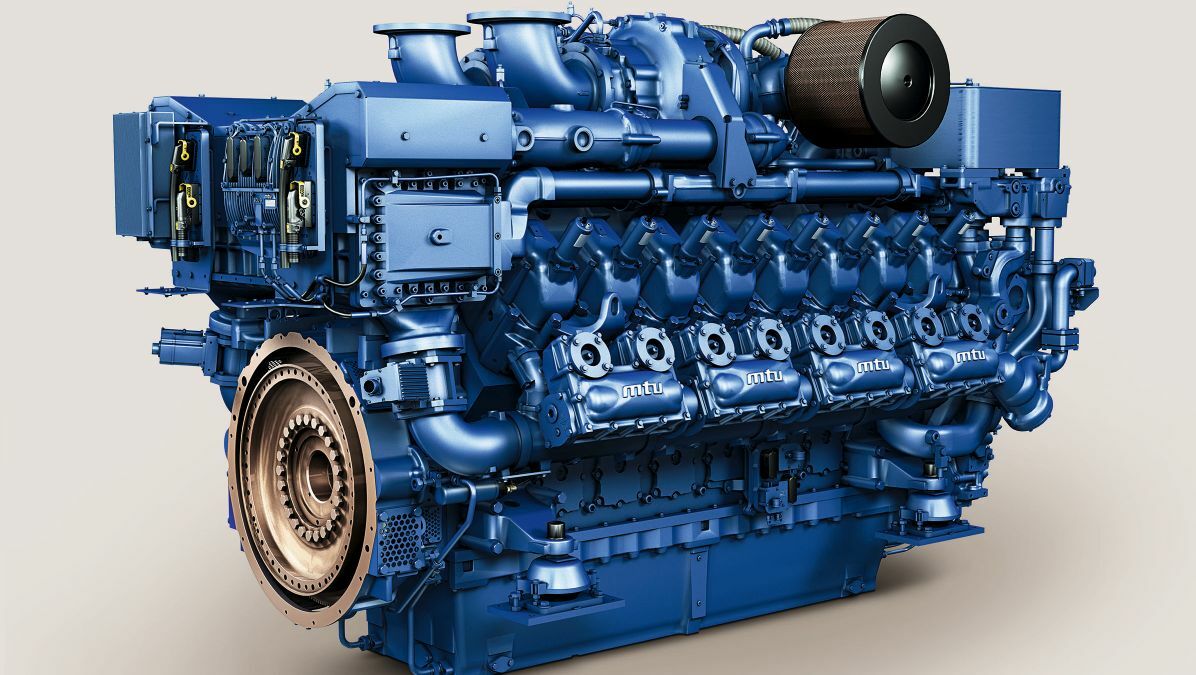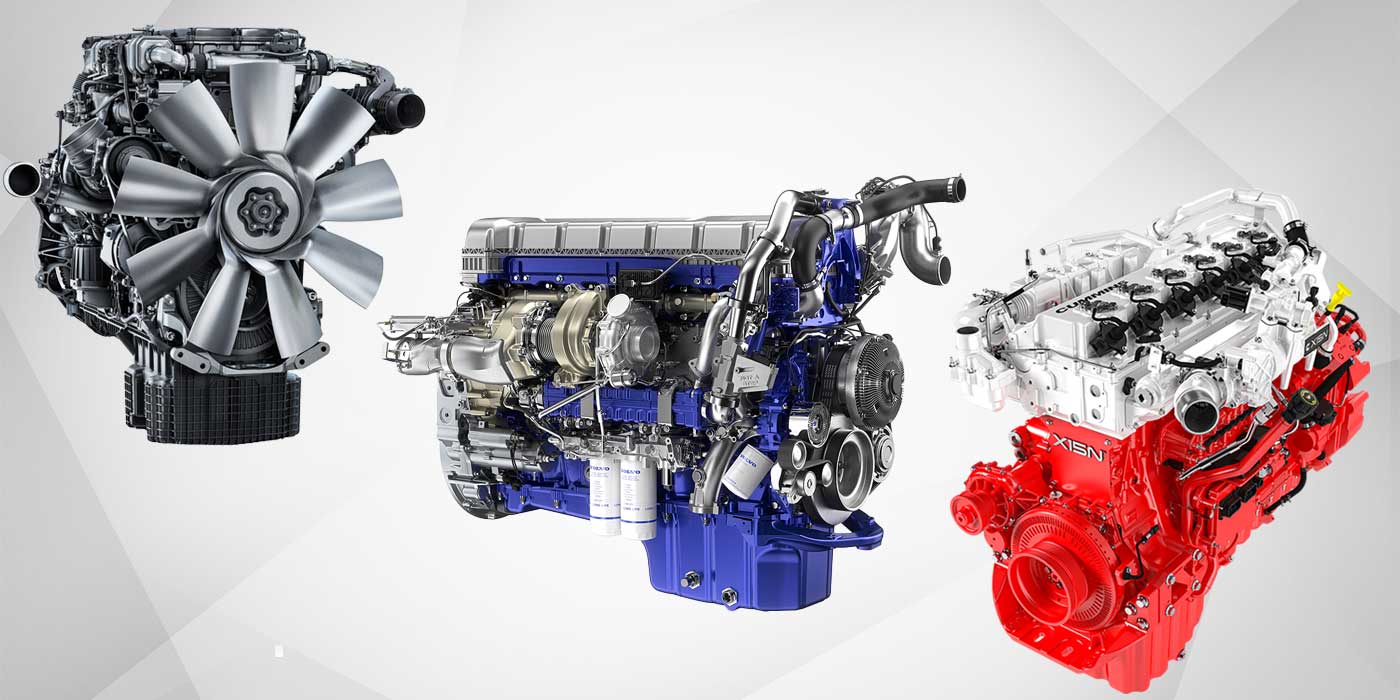Enhance Your Fleet with Engines For Africa's Selection
Enhance Your Fleet with Engines For Africa's Selection
Blog Article
Explore a Variety of Engines for each Lorry and Purpose
The automobile landscape is progressively intricate, with a varied selection of engine types made to satisfy particular efficiency and performance needs throughout numerous vehicle categories. From the high-performance engines that power cars to the fuel-efficient options tailored for day-to-day travelling, the choices are substantial and varied. Additionally, sturdy engines offer the needs of job automobiles, while environment-friendly alternatives are gaining grip in the quest of sustainable transport. Understanding these differences is essential for making educated choices, specifically as arising technologies proceed to form the future of auto engineering. What effects might these innovations hold for suppliers and customers alike?
Types of Automotive Engines
Automotive engines can be categorized right into a number of distinct types, each created to fulfill particular performance and performance requirements. One of the most common categories consist of interior burning engines, electrical engines, and crossbreed systems.

Electric engines, on the various other hand, operate on electric power kept in batteries, giving immediate torque and zero exhausts. These engines are becoming progressively preferred due to improvements in battery innovation and the expanding focus on sustainability.
Hybrid systems combine both internal burning and electric engines, making it possible for cars to optimize gas effectiveness and lower discharges by flawlessly switching in between power resources. Each engine type provides its advantages and downsides, affecting elements such as car design, intended usage, and market need. When selecting the suitable engine for their certain needs., understanding these differences is important for manufacturers and customers alike.
Performance Engines for Sports Cars
Efficiency engines for sporting activities automobiles are particularly crafted to deliver enhanced speed, dexterity, and power, establishing them besides conventional vehicle engines. These engines typically use advanced technologies such as turbocharging, supercharging, and variable valve timing to make best use of efficiency and responsiveness.
Normally, efficiency engines are developed with higher compression proportions, which enable higher energy removal from gas. This causes remarkable horsepower and torque numbers, allowing quick velocity and higher full throttle. In addition, the light-weight products used in these engines, such as aluminum and carbon fiber, contribute to decreased general automobile weight, improving handling and maneuverability.
Engine arrangements like V6, V8, and even hybrid systems are typical in performance cars, each offering special benefits in regards to power delivery and driving dynamics. The tuning of these engines is additionally critical; many suppliers enhance the engine administration systems to supply an exciting driving experience, often including sport modes that adjust throttle reaction and gear shifts.
Effective Engines for Daily Commuters
In the realm of daily commuting, efficient engines play a critical function in enhancing gas economy and reducing exhausts while offering dependable efficiency. As city populaces expand and ecological problems increase, the need for lorries geared up with reliable powertrains has important site actually risen.
Modern engines made for day-to-day commuters frequently include modern technologies such as turbocharging, straight gas injection, and hybrid systems. Turbocharging enhances engine performance forcibly even more air into the combustion chamber, permitting smaller sized, lighter engines that do not endanger power result. Straight gas shot boosts fuel atomization, bring about far better burning and increased efficiency.
Hybrid engines, combining internal combustion with electric power, more augment fuel economy, especially in stop-and-go web traffic, where standard engines can deal with inefficiencies. Electric electric motors aid throughout velocity and can operate separately at low speeds, decreasing overall fuel intake.
Moreover, improvements in engine monitoring systems and light-weight materials contribute considerably to effective engine style. By concentrating on efficiency, resilience, and environmental sustainability, manufacturers remain to provide engines that not only meet the needs of everyday commuting yet likewise line up with worldwide efforts to lower carbon footprints.
Heavy-Duty Engines for Work Autos
Durable engines for work lorries are consistently engineered to deliver extraordinary torque and dependability under demanding conditions. These engines are made to execute in atmospheres where conventional engines may fail, such as building sites, logging procedures, and farming settings. The key emphasis of heavy-duty engines is their capacity to produce high levels of power while maintaining toughness over expanded durations of procedure.
Commonly, durable engines utilize innovative materials and robust construction strategies to endure the rigors of heavy work. Attributes such as strengthened cylinder blocks, boosted air conditioning systems, and progressed fuel injection modern technologies add to their efficiency. These engines frequently run at lower RPMs, which aids to optimize fuel effectiveness while giving the necessary power for pulling and hauling.
Along with mechanical toughness, durable engines are often furnished with sophisticated electronic control systems (ECUs) that take care of efficiency, emissions, and diagnostics. This combination permits better tracking and upkeep, making sure that work vehicles stay effective and functional.
Ultimately, heavy-duty engines are an essential component in the efficiency of numerous markets, giving the necessary power and dependability to deal with the hardest of jobs.
Eco-Friendly Engine Options
The expanding focus on sustainability has actually led to the development of environment-friendly engine alternatives that focus on minimized exhausts and boosted gas performance. These engines are created to decrease the environmental impact of cars while still supplying the performance and dependability expected by consumers.
Among one of the most remarkable eco-friendly alternatives are hybrid and electrical engines. Hybrid engines combine typical interior combustion engines with electric propulsion, permitting for lowered gas consumption and reduced greenhouse gas exhausts. Electric engines, on the other hand, operate entirely on battery power, creating zero tailpipe emissions and contributing to cleaner air top quality.
Another encouraging advancement is the advancement of biofuel engines, which use renewable energies, such as plant materials, to power news lorries (Engines For Africa). By making use of biofuels, these engines can minimize dependency on fossil gas and lower overall carbon impacts

As the vehicle market evolves, eco-friendly engine options will certainly play a critical function in driving the shift towards even more lasting transportation services.
Verdict
From high-performance engines that enhance sports automobile abilities to reliable models prioritizing gas economic climate for day-to-day commuters, each type offers a details feature. Heavy-duty engines cater to robust work cars, while environment-friendly alternatives, such as electrical and biofuel engines, advertise sustainable transport.

Report this page